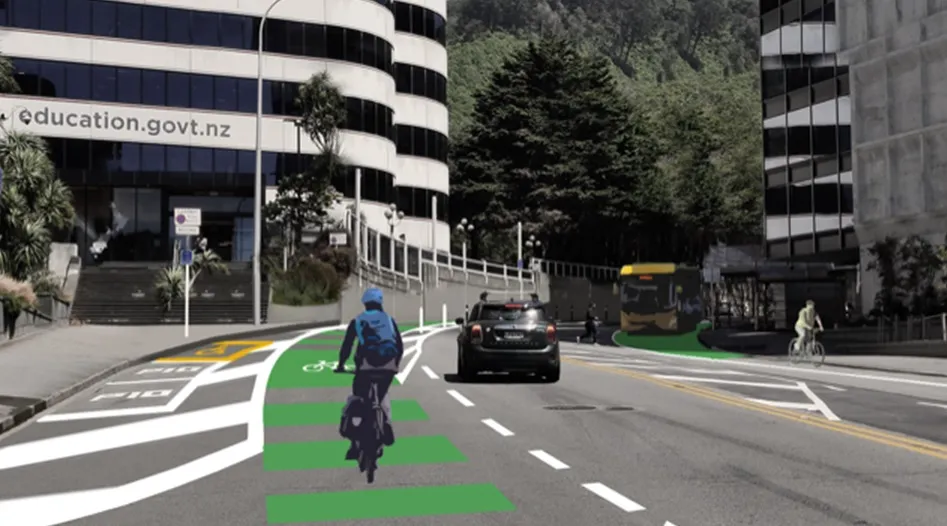The 26-week pilot stems from an agreement with the Bay Area Outreach & Recreation Program (BORP), Lyft and the Oakland Department of Transportation (DoT).
Caroline Samponaro, head of bike, pedestrian and scooter policy at Lyft, says: “Launching this programme will allow us to learn more about the specific needs of the disability community and work closely with them.”
BORP - a provider of adaptive sports for people with mobility-related disabilities - will fit, train and assist riders on how to use the adaptive bikes.
Greg Milano, BORP’s adaptive cycling manager, says: “Once people see what’s possible and get a chance to try them out, they’ll be able to take equal advantage of the bike lanes and trails we’ve all invested in over the last decade.”
Upon completion of the project, the Oakland DoT will provide recommendations on how to turn the pilot into a long-term programme.
GoBike to offer bike-share service for disabled riders in Oakland
Ford’s GoBike is to launch an adaptive bike-share pilot programme for disabled people living in the city of Oakland, San Francisco Bay.
The 26-week pilot stems from an agreement with the Bay Area Outreach & Recreation Program (BORP), Lyft and the Oakland Department of Transportation (DoT).
Caroline Samponaro, head of bike, pedestrian and scooter policy at Lyft, says: “Launching this programme will allow us to learn more about the specific needs of the disability community and work closely with them.”
B
May 30, 2019
Read time: 2 mins









